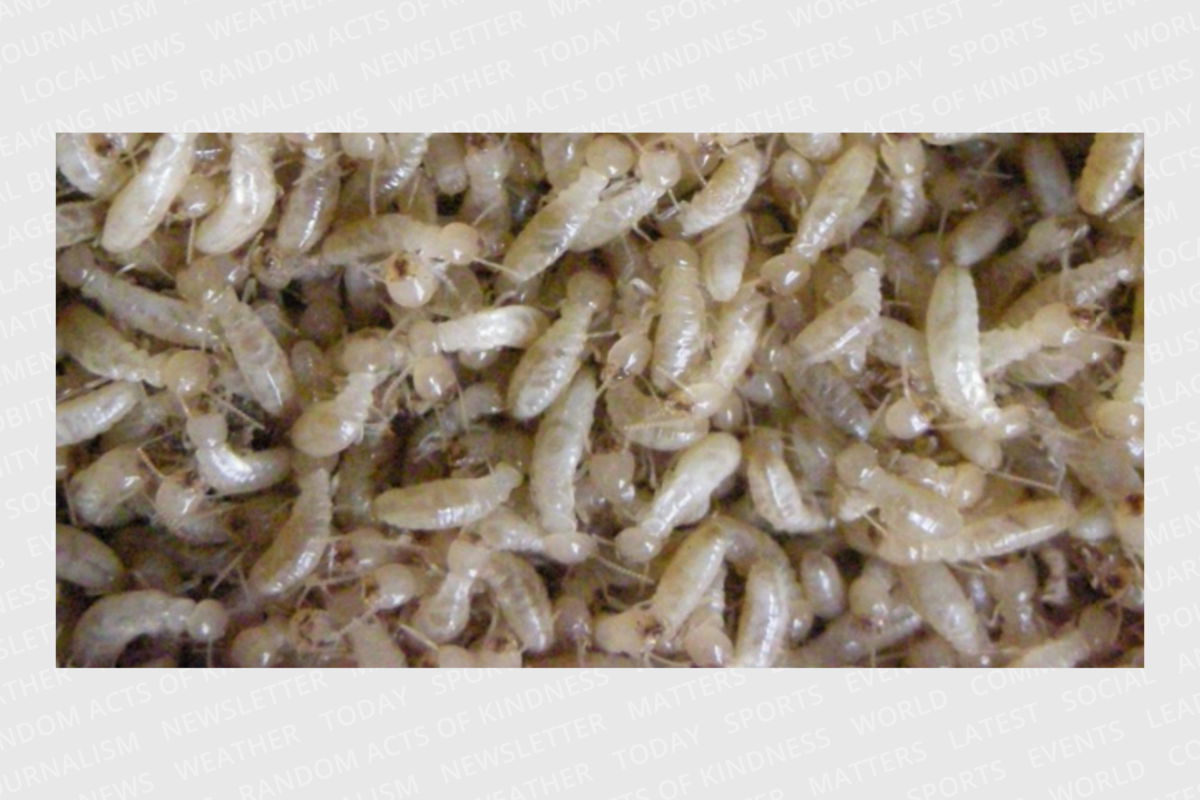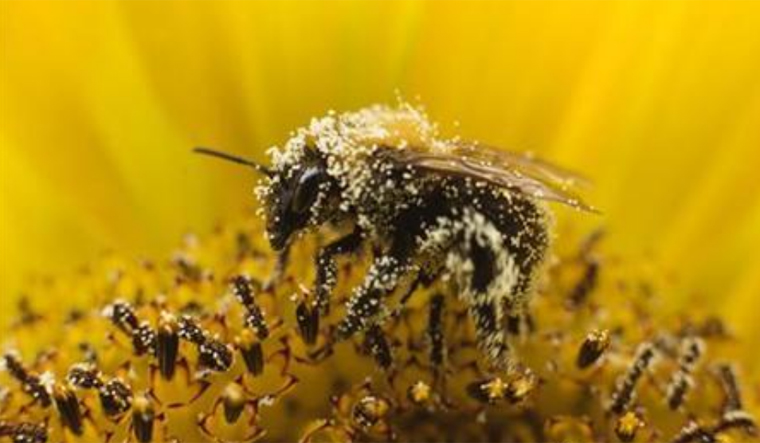My article on mulching last month covered the benefits of mulch and organic mulches. This article is about types of inorganic mulch and termites (organic mulch).
Inorganic mulches include:
Crushed clam, gravel, and stone that add nice texture and color to landscaped beds but don’t prevent weeds to the same extent that organic mulching does. They reflect heat and prevent the loss of soil moisture.
Recycled tire / rubber mulch is long-lasting, can be very costly, and has high levels of zinc in leachate that can damage plants (based on USDA research). Rubber mulch can be flammable and there can be problems using it as rainwater drains and chemicals enter Tampa Bay.
What about termites in organic mulch? Organic mulch includes: pine bark, pine straw, eucalyptus, melaleuca, oak leaves and municipal waste. Research from the University of Florida shows that termites can be more common in mulched and unmulched areas.
However, certain practices will help deter these insects. Examples include: leaving space between plants and outside walls, pulling the mulch 1 foot away from the walls, or applying 1 inch thick mulch near buildings to reduce moisture near foundations, and don’t wear more than 1 inch of water per irrigation.
How Much Mulch Should You Buy and Use? We have the answer! Just email me at labarber@ufl.edu and I will email you a copy of the Mulch Coverage Guide.
Enjoy the weather and your landscape at the same time. Have fun mulching!
For help with horticulture questions, contact Hillsborough County Extension at 744-5519. Although our office is closed, we work from alternative locations. Remember to reduce, reuse, recycle and repeat. Be safe out there!








